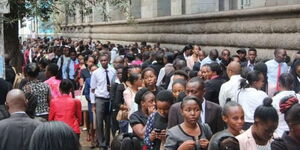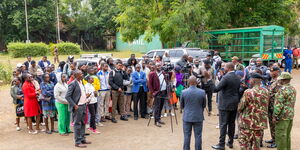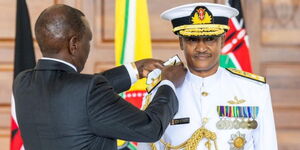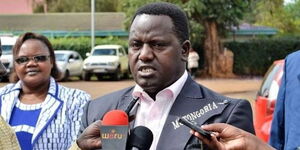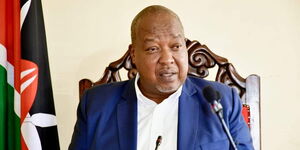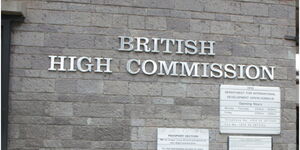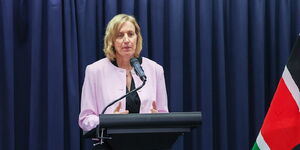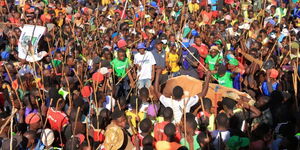Kenya is set for increased support from the World Bank after a meeting in Washington D.C. yielded proposals for the global body to expand its scope in the country.
In the meeting between government officials from the National Treasury and Dr Zarah Kibwe, Executive Director representing the African Group I (AfGI) at the World Bank, proposals were forwarded for the global body to extend its support in piloting assistance to local pharmaceutical manufacturers.
Other key areas would be Kenya’s implementation of the Digital Compact, a proposed international framework by the United Nations that seeks to establish shared principles for an open, free, secure, and inclusive digital future, and the mineral and rare metals value chain.
The development, which was revealed in a statement by the National Treasury on Monday, October 13, means the World Bank could also get involved in Kenya’s participation in the Energy Compact, a voluntary commitment framework launched by the UN in 2021 under the Sustainable Development Goal of Affordable and Clean Energy.
Another proposal was for the Government of Kenya to engage with the International Finance Corporation (IFC) to promote private sector participation in the digital economy and manufacturing.
Currently, the World Bank’s scope in the country extends to areas such as infrastructure, health, education, agriculture, economic transformation, governance and the public sector, urban development, environment, and climate resilience.
The support spans both “hard” areas, such as infrastructure in roads and energy, and “soft” areas or institutional support in governance, private sector reform, and training.
This suggests the Bank’s role is not just funding but also influencing policy, institutional capacity, and structural change.
Key projects which the World Bank supports include the Kenya Electricity Expansion Project worth $330 million (Ksh42.6 billion), the Kenya Health Sector Support Project at $100 million (Ksh12.9 billion), Kenya Transport Sector Support Project worth $203.5 million (Ksh26.2 billion).
Others are the National Agriculture Value Chain Development Project, which amounts to $250 million (Ksh32.3 billion), the Kenya Jobs and Economic Transformation Project worth $150 million (Ksh19.3 billion), and the Kenya Secondary Education Equity and Quality Improvement Program worth $200 million (Ksh25.8 billion).
In total, these projects and other loans and grants bring the total value of the World Bank’s support to approximately $8 billion (Ksh1 trillion).
An expanded scope comes at a time when the World Bank recently proposed that the government increase taxes, such as VAT, to aid in the payment of loans and improve the nation’s fiscal health.
This was met with strong resistance, with Kenyans blaming the World Bank for some of the economic hardships they currently experience.


